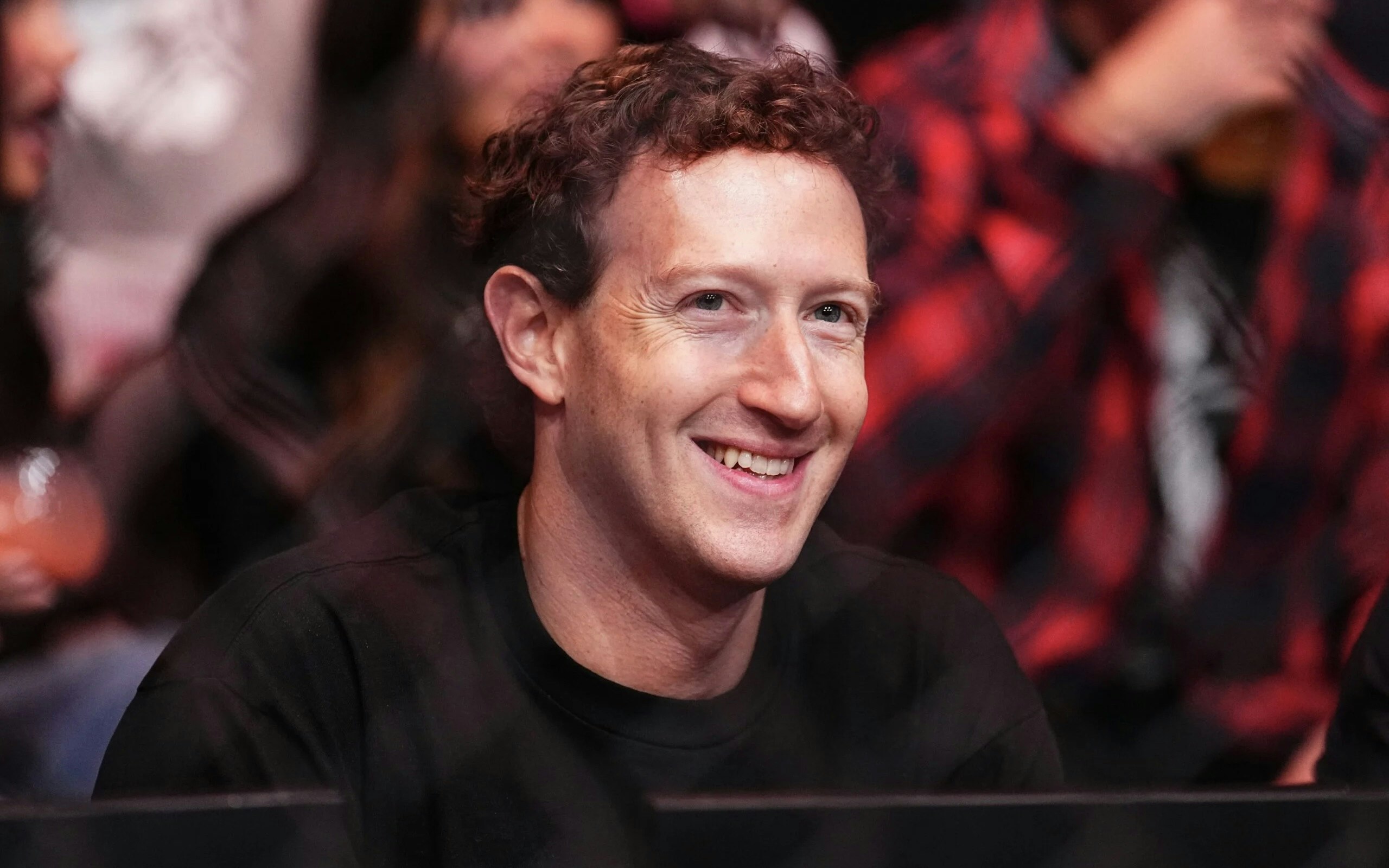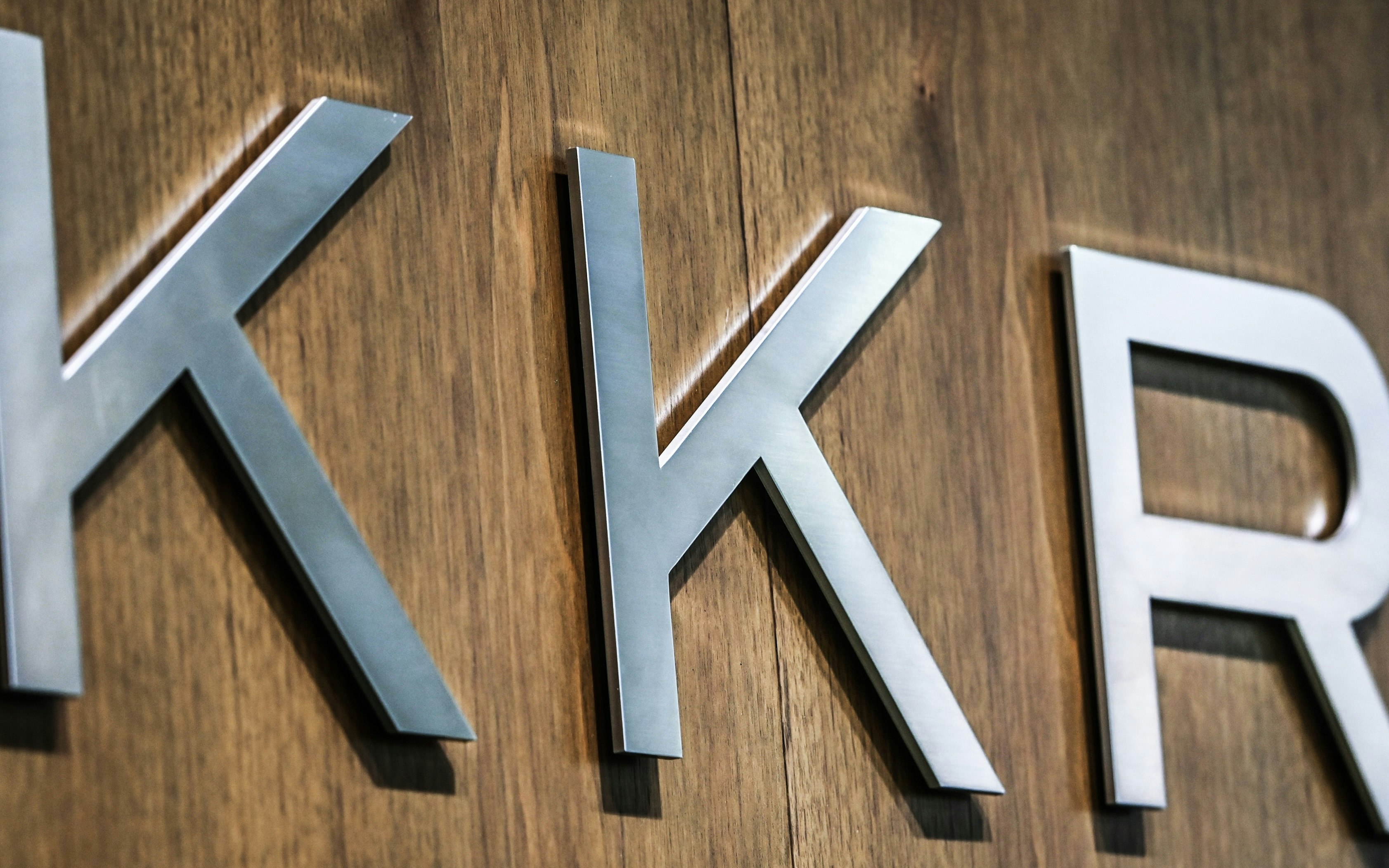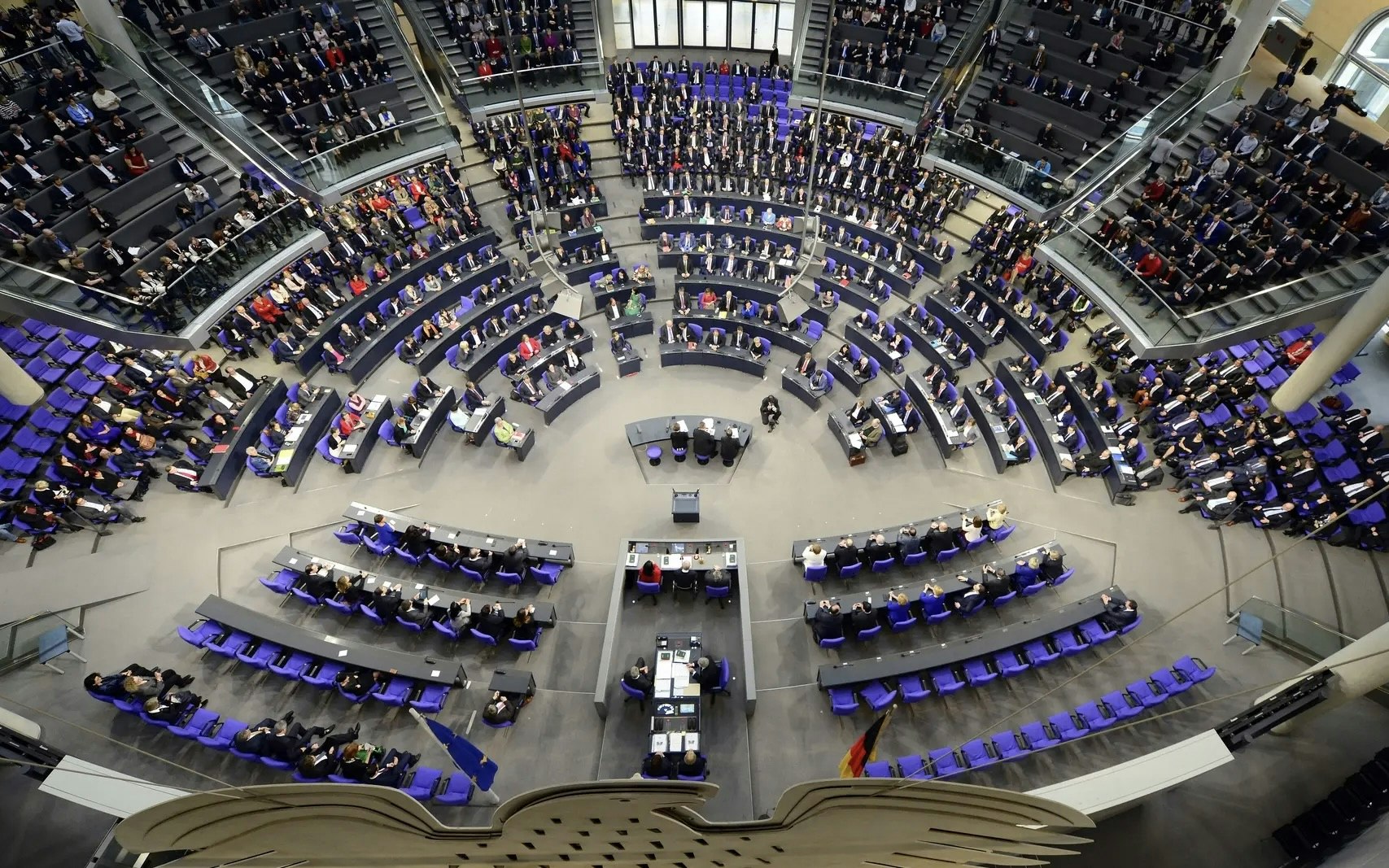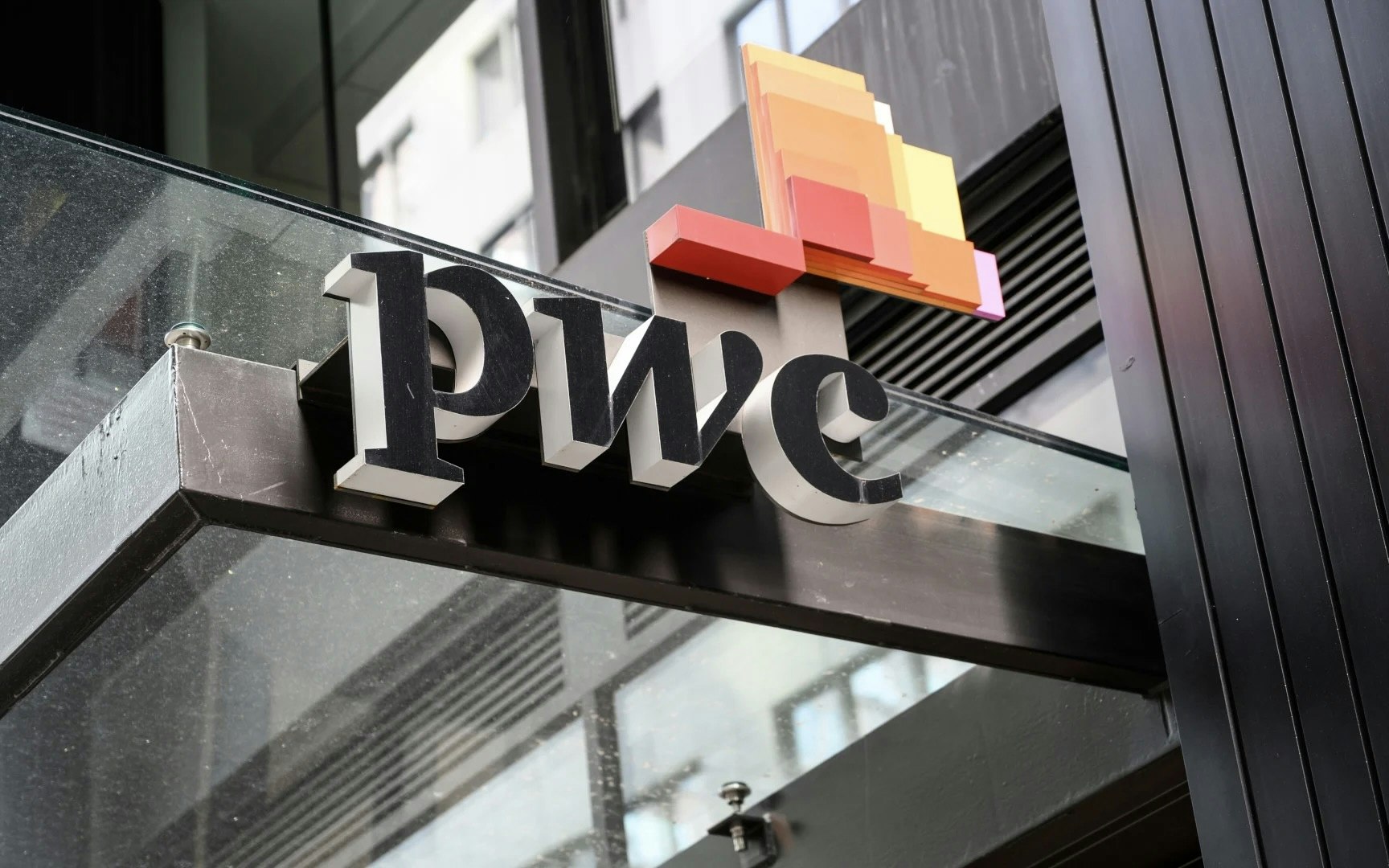Technology
Meta protects top advertisers from automated moderation
Meta prioritizes top advertising clients through special protection mechanisms, while internal documents reveal tensions between revenue security and platform integrity.

Meta, the operator of Facebook and Instagram, has implemented internal measures to protect high-spending advertisers from automated moderation errors. This is revealed in previously unpublished documents from 2023 obtained by the Financial Times. The aim of the so-called "Guardrails" is to protect key revenue drivers from erroneous ad restrictions. Meta classified advertisers spending over $1,500 daily as "P95 spenders" and gave them special treatment. According to internal memos, these customers were excluded from automated systems and instead reviewed manually. Companies generating more than $1,200 in 56 days also benefited from special protective mechanisms.
These measures follow findings that Meta's automated systems frequently mistakenly attributed policy violations to highly profitable accounts. According to the company, such accounts are disproportionately affected by errors, justifying the introduction of guardrails. While Meta emphasized that all customers are subject to the same advertising standards, documents showed that certain measures were internally classified as "hard to defend." Critics within the company accused Meta of prioritizing revenue over the integrity of its platform. The revelations come amid CEO Mark Zuckerberg's recent announcement to reduce third-party fact-checking and automated moderation. The move takes place as Meta prepares for Donald Trump's return to the White House, who previously criticized the company for alleged censorship of conservative content. The documents also shed light on discussions within Meta about potential additional exceptions for "Platinum" and "Gold" customers, who together generate more than half of the advertising revenue. Proposals to grant broader protective measures to these groups were ultimately rejected, as tests showed that 73 percent of the enforcements were justified. The revelations are reminiscent of previous controversies surrounding Meta's "Cross-Check" system, which protected prominent users from moderation errors but was also abused. Meta's independent Oversight Board had called for an overhaul of this system.




